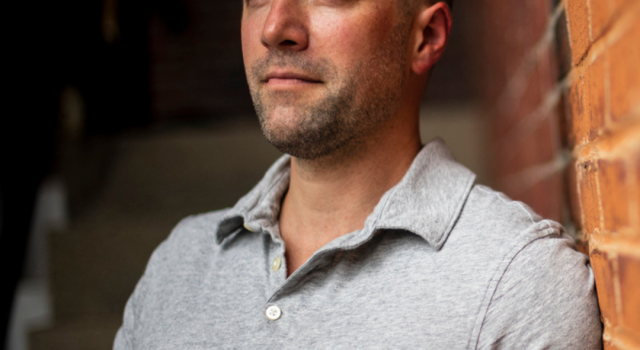Tiya Tejpal 05F on Filmmaking and Vigorous Lateral Thinking

Since graduating from Hampshire College, Tiya Tejpal 05F has carved a niche for herself in the Indian film industry as a creative contributing to notable movies such as Life of Pi and The White Tiger, as well as TV shows, ad campaigns, and web series.
The Statesman described her production design: “Tiya’s artistic prowess lies in her ability to weave compelling and authentic settings that transport audiences into immersive realms, enriching the cinematic tapestry.”
We spoke with Tejpal about her journey post-Hampshire, her Div III, and particularly satisfying projects she’s worked on.
What was your Division III project?
A film titled 786, which has turned out to be strangely foretelling. Back in 2009, the year of my graduation, India had yet to assert itself as a majoritarian state and very much deluded itself and the world on its benign secularism. My film dissected religion and its unique play-outs with humanity on a local, village level. My primary cast was a seven-year-old! The work is possibly more resonant now than it was back then.
How did your experience at Hampshire influence your current work?
I arrived at Hampshire “fresh off the boat” and left Hampshire “captain of my own ship.” To envision, start, and motivate oneself all the way to actually arrive is Hampshire's special sauce.
My favorite Hamp skill has got to be vigorous lateral thinking. It has served me well in the film industry. This made me cognizant of limiting myself to a label such as “production designer” or “writer” and allowed me to embrace myself as a creative in the field of filmmaking and in this profession of labels and hierarchies see myself as a “filmmaker.”
Tell us about you path post-Hampshire.
I went straight from commencement day to a job in Mumbai — the hub of India's Hindi film industry. Over the years, I have worked on a lot of projects. Two of them stand out as particularly satisfying.
The first was Ang Lee’s Life of Pi, which was shot in India in 2010. The film had a 20-day shoot schedule in South India that had us [the crew] prepping for four months. I was number nine of ten assistant directors, and it was my first time working on an international production of this scale. The pace of work was absolutely manic, the coordination required was colossal, and the attention to detail was immense. It was my introduction to the wonderful world of the art department and it set me on a new course. Through that I met many colleagues who went on to become longtime collaborators and friends.
The other Is a recent release on Netflix, a dark comedy series called Killer Soup. I was given free rein to create a fictional town in South India, and got a chance to exercise my own design scope.
What are some of your favorite memories from your time on campus?
Drag Ball and Spring Jam and Hampshire Halloween and International Student Orientation — every day at Hampshire was pretty great. More than particular memories or days, I remember the joy of freedom I felt at Hampshire. It always felt like I was doing exactly what I was supposed to.
What advice would you give to prospective students, especially international students?
On my first evening at Hampshire, I met two international students at orientation: Anas Maloul 05F, from the West Bank, Palestine, and Rasif Bin Rafiq 05F, from Dhaka, Bangladesh. I asked if they had chosen classes and neither had. When I showed them TheHub and the class rosters, they were blown away. Neither had wind of just how different Hampshire was from other undergraduate colleges.
I would recommend that prospective students — especially international prospective students — know what they’re getting into. Familiarize yourselves with the Division-based process, and recognize that you will not get a class called “History 101” at Hampshire College!



